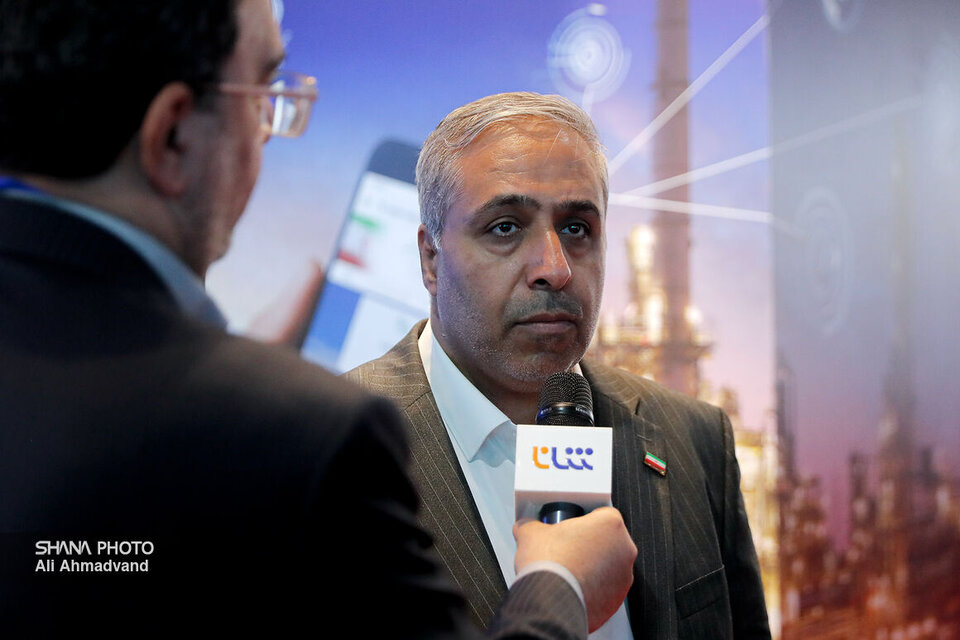Ahmad Zera’atkar said the Oil Ministry, as one of Iran’s most vital economic sectors, is concentrating on expanding digital economy infrastructure and capabilities. He noted that issues such as platform development, energy users and energy operators are being addressed by the ministry’s Information and Communications Technology Council.
He also announced collaborations forming between investors, tech companies and economic stakeholders in the field. “At the 29th Oil, Gas, Refining and Petrochemical Exhibition, we aimed to leverage domestic capabilities to foster synergy and coordinated policymaking, implementation and investment in the digital economy,” Zera’atkar said. “This will yield short-term benefits across the oil industry.”
‘Energy user’ plan nears finalization
On energy consumption imbalances, Zera’atkar said heavy energy subsidies have led to unchecked usage in industrial, household and commercial sectors. “We must use modern tools to create a win-win scenario for different consumers,” he added.
With support from the Information Technology Ministry, infrastructure is being developed to optimize and exchange energy consumption collaboratively, even without direct government intervention. “This could significantly reform the country’s energy consumption structure,” he said.
Regarding the “Energy User” plan, Zera’atkar said that although it was first proposed three years ago, it was formally submitted to the Cabinet this year with the oil minister’s backing and is now under review by the government’s economic commission.
If approved, the plan’s economic framework will require transparency, he said, noting close coordination with the Planning and Budget Organization and other economic institutions. “We are also encouraging investors and tech groups to begin joint ventures and sign agreements so services can launch as soon as approvals are finalized.”


Your Comment